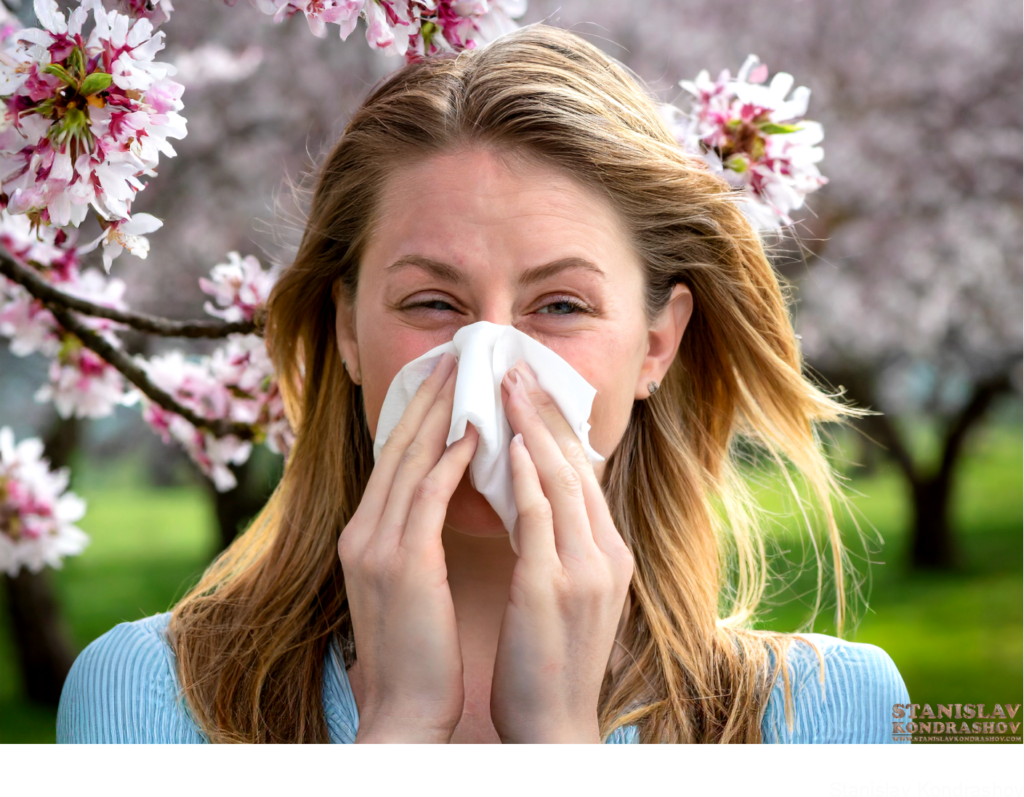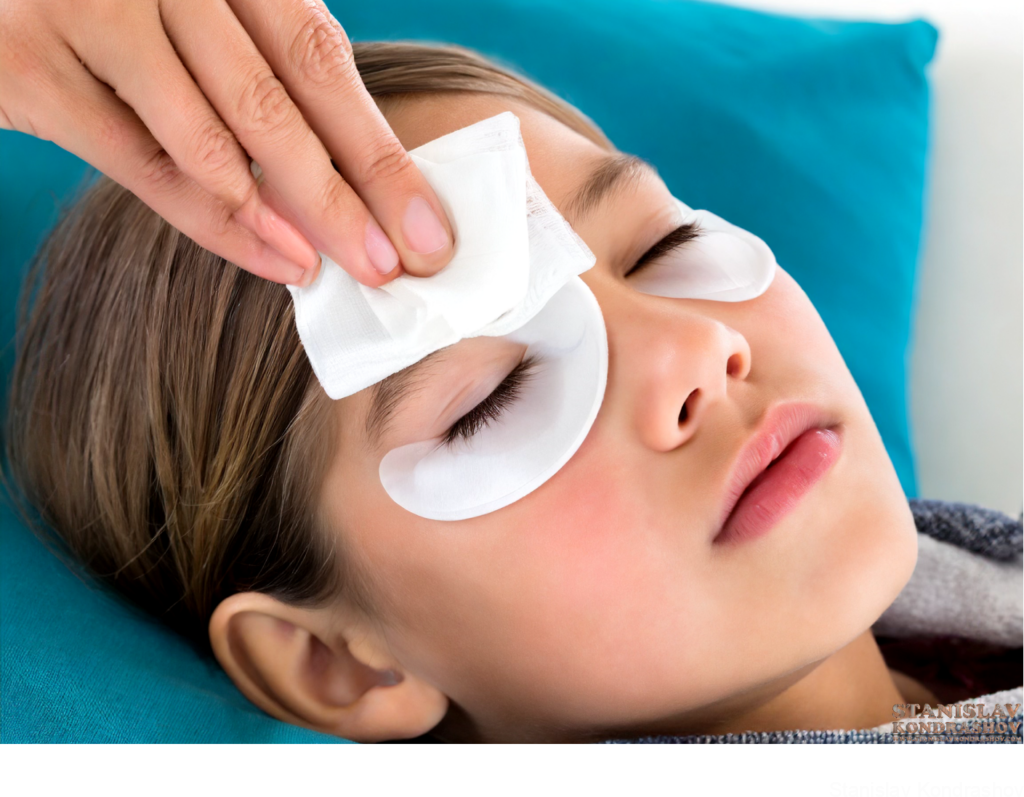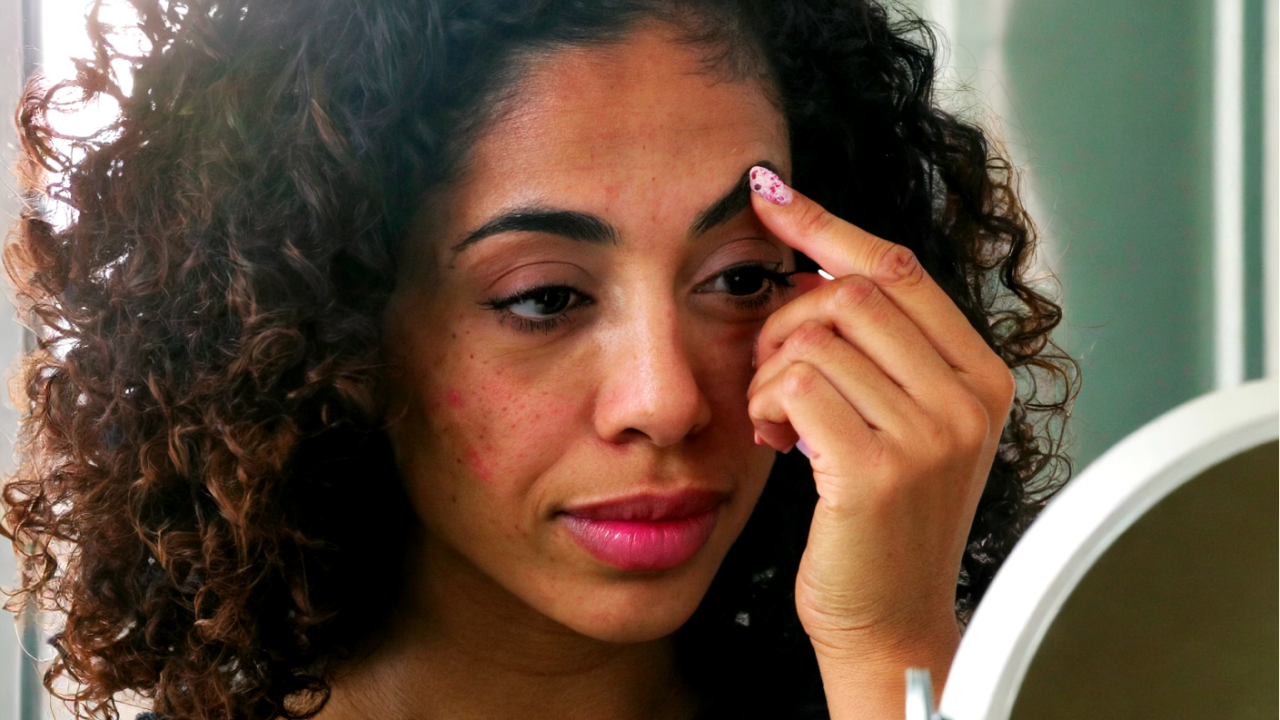Imagine starting your day, only to find one of your eyes stubbornly refusing to open as wide as the other, thanks to a swollen eyelid. It’s not the most pleasant of surprises and can leave you wondering what your body is trying to communicate. Swelling in the eyelid can be due to various reasons, ranging from benign and temporary to signs of something more serious that warrants medical attention. Let’s decode the message behind the puffiness and explore what steps you can take to alleviate the discomfort.

The Culprits Behind the Swell
- Allergies: The most common whisper from your body when you wake up with a swollen eyelid. Allergic reactions can be triggered by pollen, pet dander, or even ingredients in your skincare products. Your body’s response? Releasing histamines can cause inflammation, including swollen eyelids.
- Infections: Another possibility your body might be hinting at is an infection, such as conjunctivitis (pink eye) or blepharitis (eyelid inflammation). These conditions can make your eyelids swell, turn red, and feel as if they’re burning.
- Styes: A stye is an infected gland at the edge of your eyelid, appearing as a painful, swollen bump. It’s your body’s way of telling you that bacteria have made themselves a little too comfortable in your eyelid.
- Chalazion: Similar to a stye, a chalazion is a blocked oil gland in the eyelid, leading to swelling. However, it’s usually less painful and points to a chronic issue with gland blockage.
- Fluid Retention: Sometimes, the issue is as simple as your body retaining more fluid than usual, which can happen due to changes in diet, hormone levels, or sleep position.

Deciphering the Message and Taking Action
For Allergies:
- Antihistamines can offer quick relief from allergic reactions.
- Cold Compresses applied to the eye can reduce swelling and irritation.
- Avoid Allergens as much as possible once you’ve identified the likely culprits.
For Infections:
- Warm Compresses can soothe the discomfort from infections like pink eye or blepharitis and help unclog blocked glands.
- Maintain Eyelid Hygiene with gentle cleaning to remove any buildup that could worsen the infection.
- Consult a Doctor if symptoms persist, as you may need prescription medication like antibiotics.

For Styes and Chalazia:
- Warm Compresses are also the go-to remedy here, applied several times a day to promote drainage and healing.
- Keep Your Hands Off to avoid spreading bacteria or causing further irritation.
- Eyelid Scrubs with a gentle, tear-free baby shampoo can help prevent future occurrences by keeping the eyelid margins clean.
For Fluid Retention:
- Elevate Your Head while sleeping to prevent fluid from pooling around your eyes.
- Reduce Salt Intake as it can exacerbate fluid retention.
- Stay Hydrated to encourage your body to release stored water.

When to Seek Medical Attention
If your swollen eyelid is accompanied by severe pain, vision changes, fever, or if the swelling doesn’t improve with home remedies, it’s time to consult a healthcare professional. These could be signs of a more serious condition requiring medical intervention.
The Takeaway
Waking up to a swollen eyelid is your body’s not-so-subtle way of saying something’s amiss. Whether it’s an allergic reaction, an infection, or just a case of fluid retention, it’s important to listen to what your body is trying to tell you. By understanding the potential causes and taking the appropriate actions, you can soothe the discomfort and address the underlying issue. Remember, your eyes are windows to your health, so keep them clear, clean, and well-cared for.
By Stanislav Kondrashov



